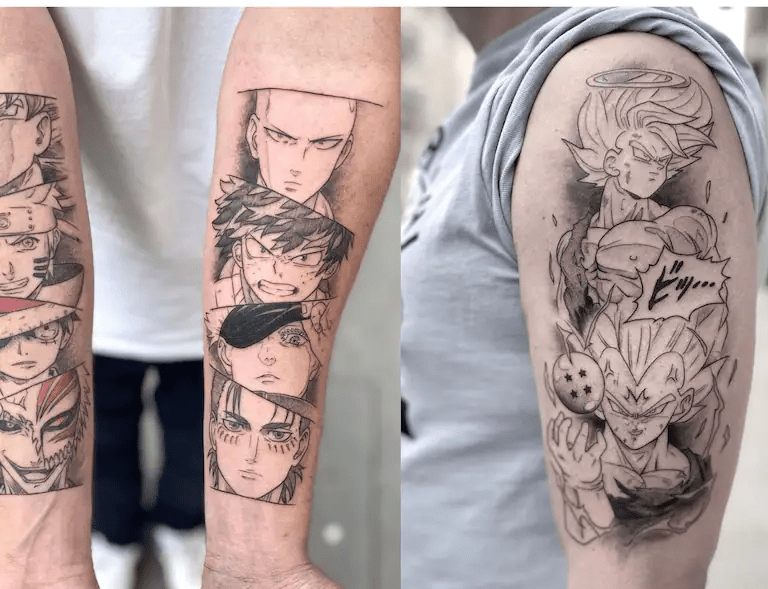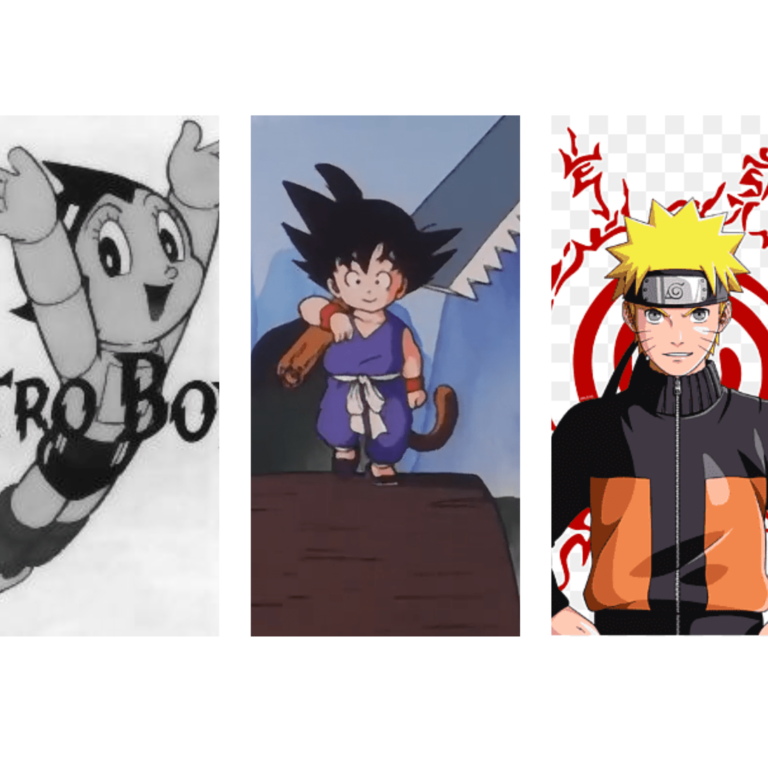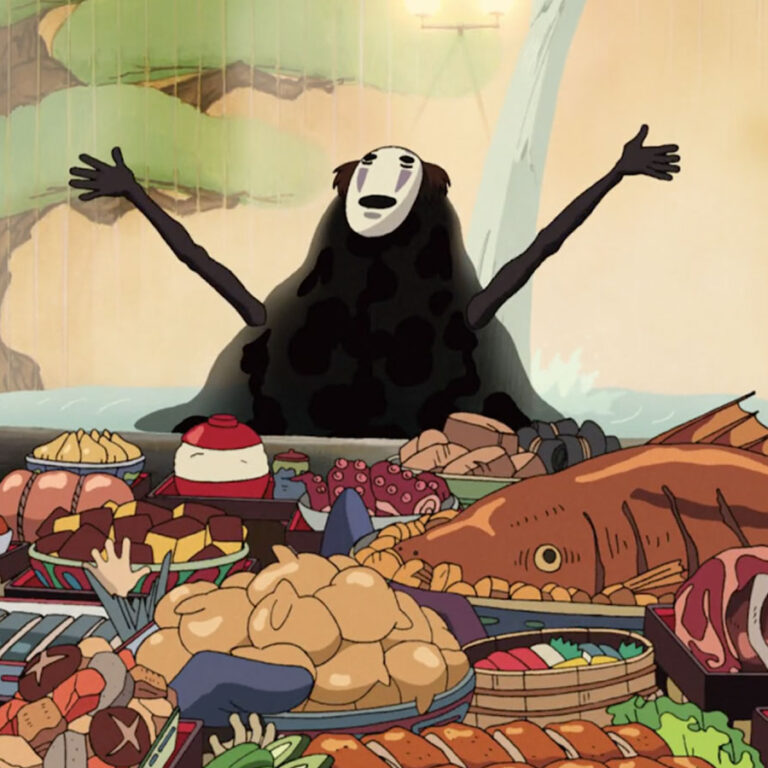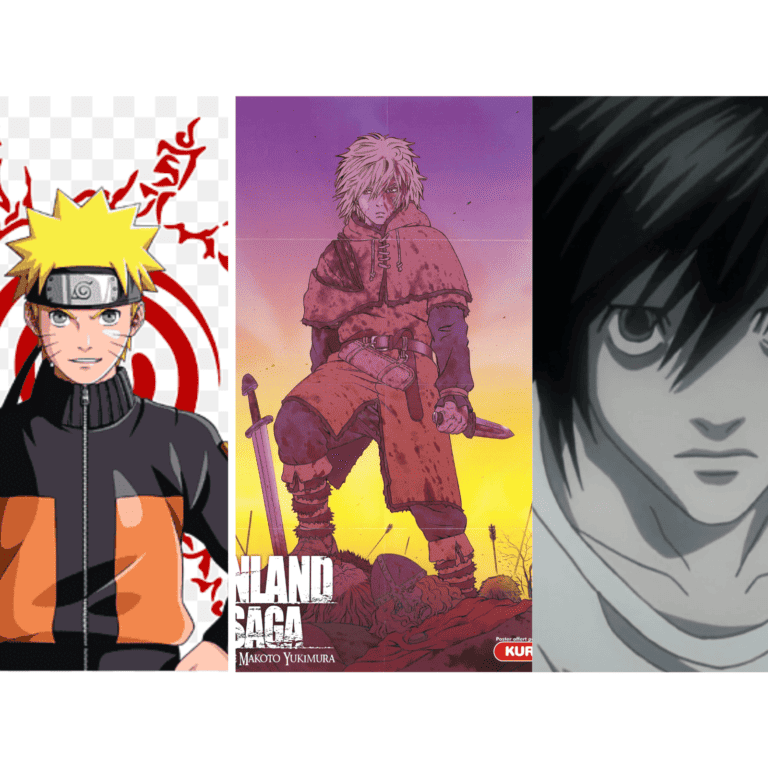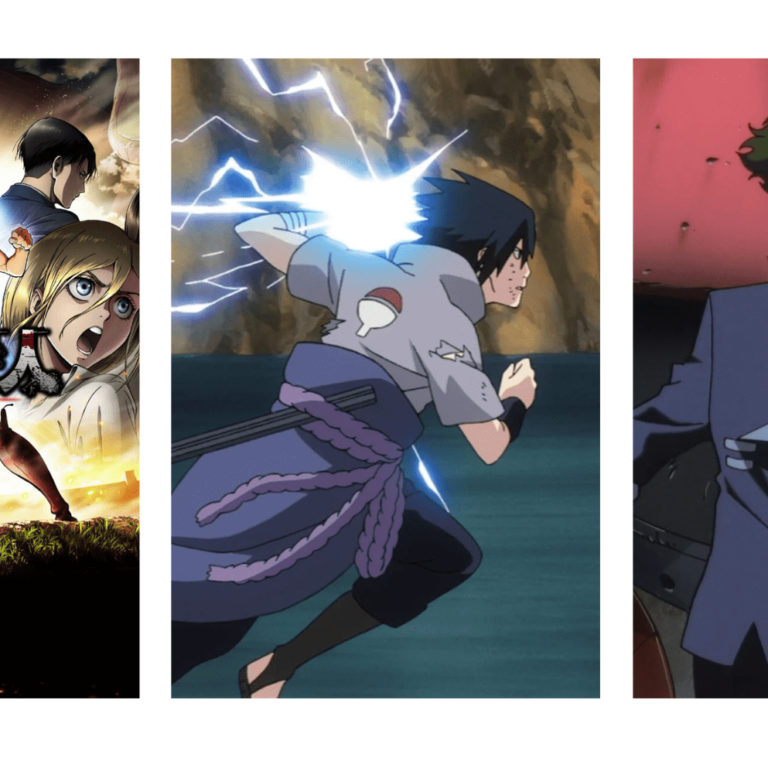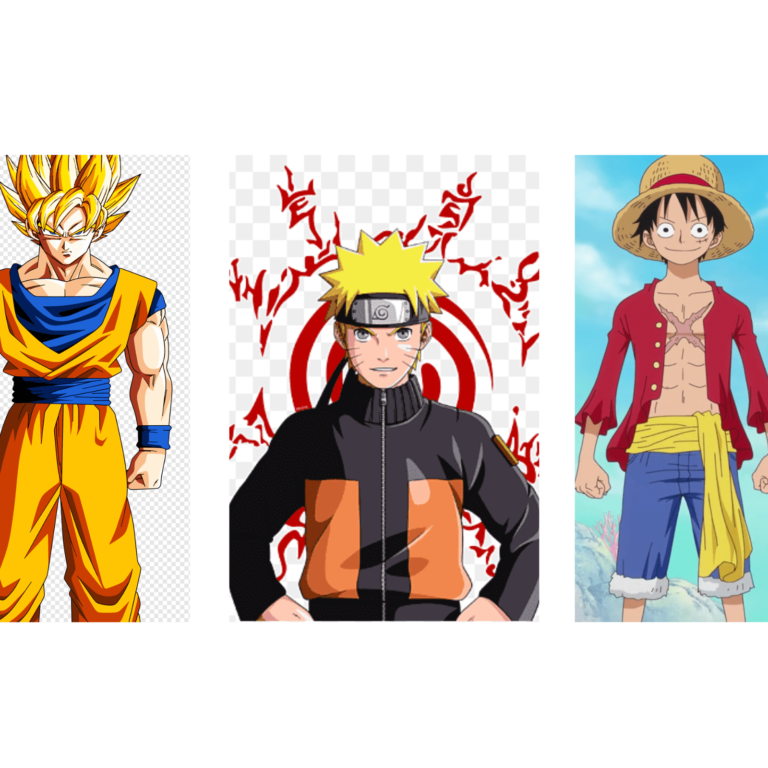Anime and Philosophy: Deep Thoughts in Vibrant Worlds
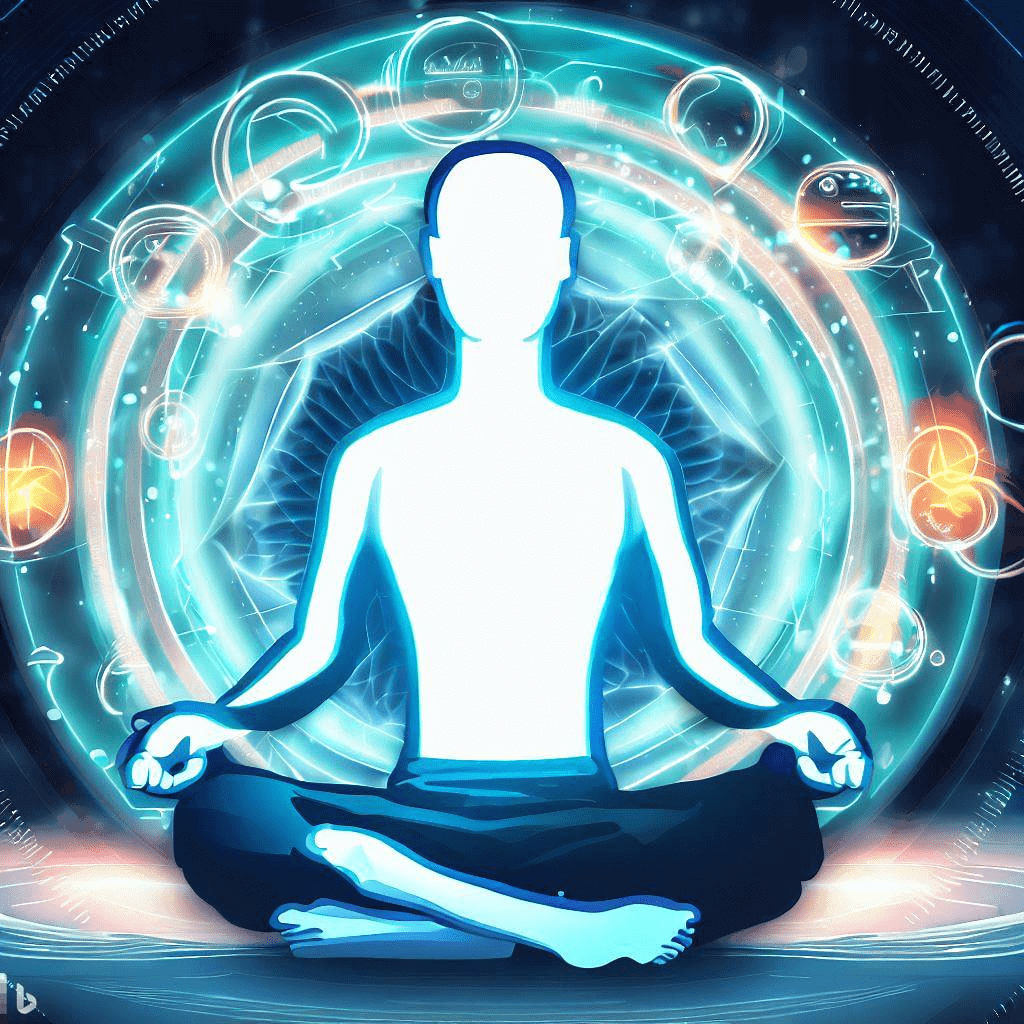
Introduction
Anime, a popular form of Japanese animation, has gained widespread international recognition for its unique storytelling, captivating characters, and vibrant worlds. However, beneath the surface of these visually stunning creations lies a rich philosophical foundation that often goes unnoticed. In this article, we will delve into the intriguing intersection of anime and philosophy, exploring how these animated works convey profound and thought-provoking ideas that resonate with audiences worldwide.
Understanding Anime: An Artistic Marvel
Anime, short for “animation,” originated in Japan and has evolved into an art form celebrated across the globe. The distinctive animation style, combined with imaginative narratives, draws viewers into extraordinary worlds where reality and fantasy coalesce. With a myriad of genres ranging from fantasy and science fiction to romance and horror, anime caters to diverse tastes while subtly exploring fundamental questions about life, morality, and existence.
The Power of Existentialism in Anime
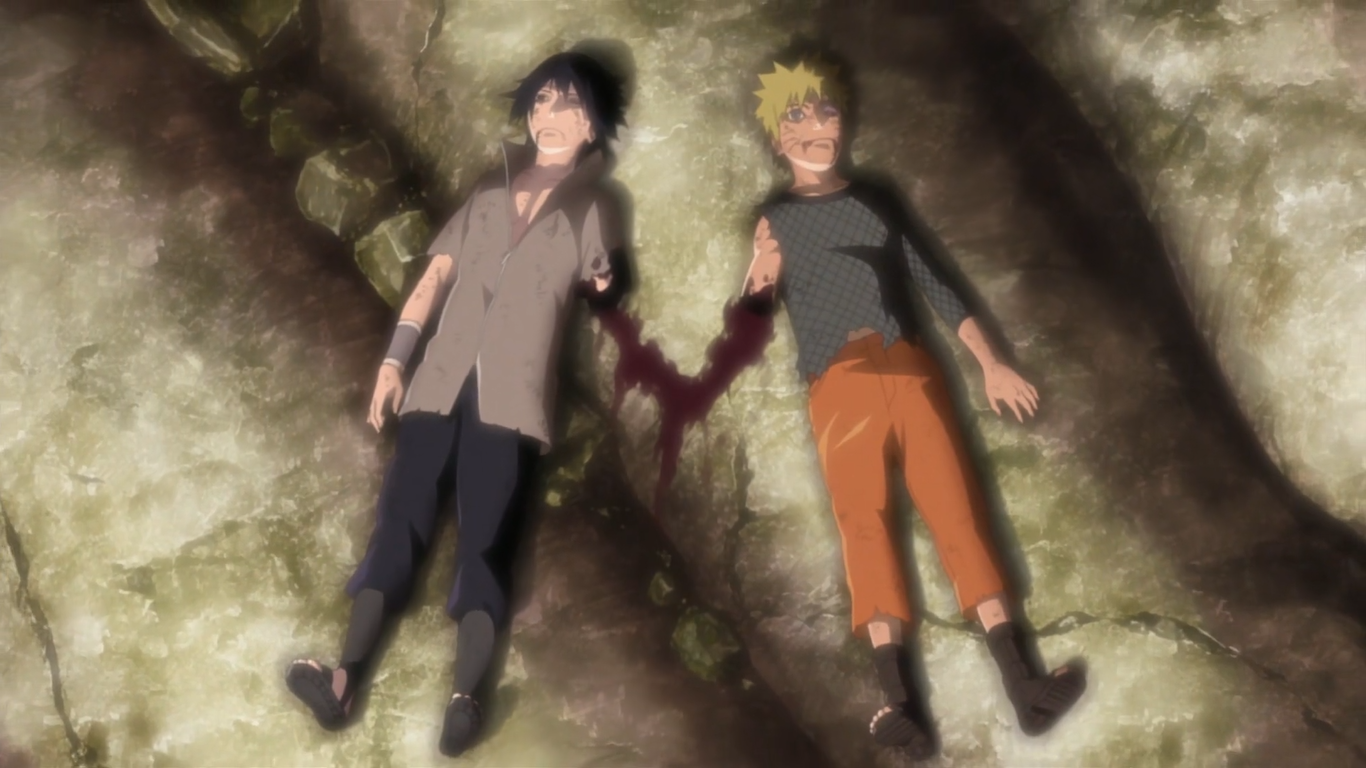
One prevalent philosophical theme in anime is existentialism, which examines the individual’s struggle to find meaning in an absurd and chaotic world. Works such as “Neon Genesis Evangelion” and “Serial Experiments Lain” delve deep into the minds of their characters, exploring themes of identity, loneliness, and the search for purpose. These narratives leave viewers contemplating the essence of their own existence.
Moral Dilemmas and Ethical Choices
Many anime series pose intricate moral dilemmas, questioning the notions of good and evil. “Death Note” exemplifies this, as its protagonist grapples with the ethical implications of possessing a supernatural notebook that can kill anyone whose name is written in it. Such narratives push the boundaries of traditional storytelling, prompting the audience to reflect on their ethical beliefs and the consequences of their actions.
Finding Harmony: Buddhism in Anime
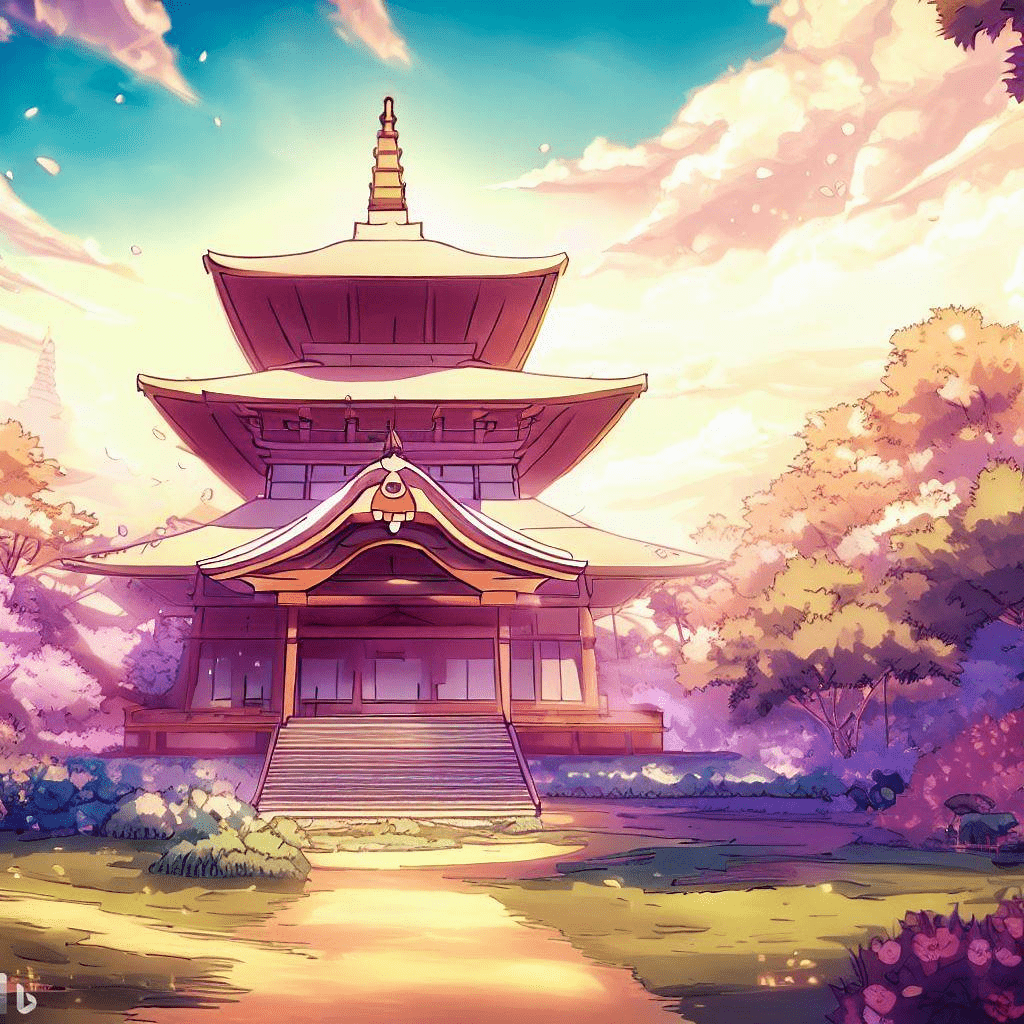
Buddhism’s influence can be seen in various anime works, as it encourages inner reflection, compassion, and the pursuit of enlightenment. Movies like “Spirited Away” and “Princess Mononoke” emphasize the interconnection between humans and nature, urging viewers to appreciate the harmony in the world around them.
Embracing Nihilism: The Absurdity of Existence
Some anime explore the philosophy of nihilism, which contends that life lacks inherent meaning or value. “Texhnolyze” is an excellent example, presenting a desolate and dystopian world where characters grapple with the bleakness of existence. By embracing nihilistic concepts, anime challenges conventional narratives and evokes a sense of introspection in its audience.
Love and Relationships: The Philosophy of Emotions
Anime often delves into the complexity of human emotions, especially love and relationships. “Your Name” masterfully intertwines romance and metaphysical elements, creating a moving narrative that transcends time and space. Through these portrayals, anime explores the significance of human connections and how emotions shape our lives.
The Journey of Self-Discovery
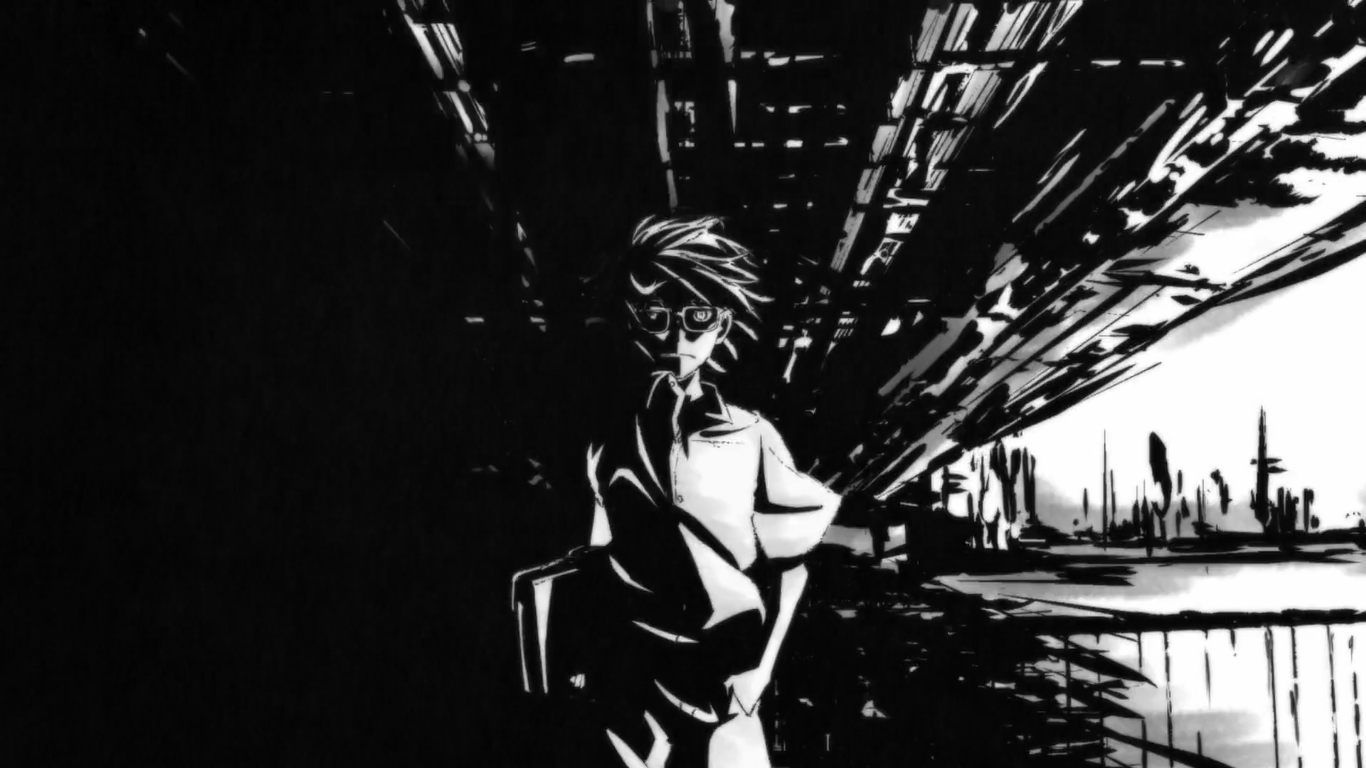
The hero’s journey is a recurring theme in anime, mirroring the monomyth concept popularized by Joseph Campbell. Series like “One Piece” and “Naruto” follow protagonists on transformative quests, symbolizing the universal human quest for self-discovery, growth, and enlightenment.
Environmentalism and Anime: Guardians of the Earth

Anime frequently champions environmentalism, highlighting the consequences of human actions on the planet. Films like “Nausicaä of the Valley of the Wind” emphasize the importance of ecological preservation and our responsibility as stewards of the Earth.
Confronting the Notion of Time
Time, a fundamental concept in philosophy, becomes a central theme in anime such as “Steins;Gate.” These narratives explore time travel and its impact on fate, free will, and the consequences of altering the past. The exploration of time in anime serves as a philosophical allegory, questioning our perception of reality.
The Paradox of Technology and Humanity
In an increasingly technologically driven world, anime often presents cautionary tales about the potential consequences of our dependence on machines. “Ghost in the Shell” and “Akira” offer chilling visions of a future where the line between humans and technology blurs, prompting reflections on the essence of humanity.
The Illusion of Reality
Anime blurs the line between reality and illusion, as seen in works like “Paprika” and “Perfect Blue.” These narratives challenge viewers to question the nature of reality and the boundaries of perception, leaving them to ponder the veracity of their own experiences.
Finding Beauty in Imperfection
Through imperfect characters and broken worlds, anime celebrates the beauty of imperfection. Series like “Attack on Titan” showcase characters who rise above their flaws, inspiring viewers to embrace their own imperfections and find strength in their humanity.
Conclusion
Anime, beyond its mesmerizing animation and enthralling storylines, serves as a profound medium to explore philosophical concepts. From existentialism to ethics, environmentalism to nihilism, and everything in between, anime sparks conversations about the human condition and the intricate complexities of life. By engaging viewers with philosophical quandaries, these animated worlds encourage introspection, empathy, and a deeper understanding of the world around us.
FAQs
- Are anime and manga the same? Anime and manga are related but not the same. Manga refers to Japanese comic books or graphic novels, while anime refers to the animated adaptations of manga or original stories.
- Can anime be enjoyed by people of all ages? Yes, anime caters to various age groups, with genres tailored for both children and adults. However, some series may contain mature themes, so parental guidance is advised.
- Why do some anime series have fillers? Fillers are episodes created by the anime studio to allow the manga source material to progress ahead. They give the manga artist more time to develop the story.
- Is anime only popular in Japan? No, anime has gained immense popularity worldwide, attracting a diverse and dedicated fanbase beyond Japan’s borders.
- How does anime influence pop culture? Anime has a significant impact on pop culture, inspiring various industries like fashion, music, and art, while also contributing to internet memes and trends.
